Description
Talisapatradi leham is a formulation mentioned in the context of ‘Aruchi’ or ‘Lack of appetite’. It is a widely used recipe wherein Kapha balancing drugs like Thaleesapatra (Abies webbiana), Trikatu (the three pungent namely (Dry ginger, Black pepper, Long pepper) etc. are made into a chewable form in a sweet base of cane sugar.
Talisapatradi leham is beneficial in acute and chronic cases of sinusitis, recurrent cough and cold, sore throat and respiratory congestion. The formula starts working from the oral cavity, by stimulating the taste buds and thereby the entire digestive process. Relieves sore throat and nasal congestion.
Features and benefits of Talisapatradi leham –
- Talisapatradi leham is a combination of Thaleesapatra (Abies webbiana), Maricha (Piper nigrum), Nagara (Zingiber officinale), Pippali (Piper longum), Twak (Cinnamomum verum), and Ela (Eletteria cardamomum) in a sweet base of cane sugar (Saccharum officinarum)
- Taken in small quantities frequently, Talisapatradi leham relieves sore throat and prevents further infection and disease.
- It expels vitiated phlegm from the respiratory tract. Relieves nasal and chest congestion.
- Talisapatradi leham is beneficial in the treatment of acute and chronic sinusitis, cough and cold.
- It stimulates taste buds and encourages secretion of digestive juices. It is effective in treating loss of appetite and tastelessness.
- Talisapatradi leham also improves voice strength and clarity. It is a good remedy for hoarseness of voice.
Adult: 10-15 gms of Talisapatradi leham in divided doses over a day, as recommended by the Physician.
Child: 5-8 gms of Talisapatradi leham in divided doses over a day, as recommended by the Physician.
Key Ingredients:
THALEESAPATHRA (Abies webiana)
The leaves can be used fresh, dried, as tincture, infusion or confection. Due to hot potency, they are used for reducing phlegm and hinder infections of the upper and lower respiratory tract. The leaf powder is used along with other medicinal herbs to treat wasa (chronic obstructive pulmonary diseases), gulma (tumor), hikka (hiccups), Kasa (cough), krimi (helminthiasis), chhardi (vomiting), mukharoga (mouth disorders), ama dosha and amoebiasis due to antibacterial, antifungal, antitumor, antispasmodic, antitussive, anti-inflammatory, febrifuge, antifertility, central nervous system depressant, mast cell stabilizing and anxiolytic properties.
MARICHA (Piper nigrum)
Black pepper is native to Western Ghats of India. It is cultivated for its fruit, which is widely used as spice and in traditional Indian medicine preparation. Black pepper is an appetizer and carminative commonly used in the treatment of digestive system related complaints like dyspepsia, indigestion, flatulence, nausea, diarrhea and colic pain. In respiratory system it acts like expectorant used in cough, cold and chest congestion. Externally used as analgesic and in Vitiligo, it stimulates the production of pigments.
PIPPALI (Piper longum)
Pippali is known as “Tridoshic” herb as it suits all body types. Thus regular consumption of pippali in suggested quantity can help you to immune your body to quiet an extent. Pippali has Anti-microbial, Anti-inflammatory activity. Consumption of pippali is said to exhibit anti spasmodic action and hypoglycaemic effect which is believed to lower blood sugar level. It is also reported to be antagonist in respiratory depression. Also due to its cooling post-digestive effect consumption of pippali is considered as a safe and effective option to avoid all sorts of digestive disorders.
SHUNTI (Zingiber officinalis )
Due to its strong flavor, Ginger is an essential ingredient in many Asian cuisines. Its therapeutic benefits have been recorded in Ayurvedic and Traditional Chinese Medicine. Ginger is a potent anti-nauseatic and is beneficial in treating upset stomach.Gingerol and shogaol, active components of Ginger, suppress gastric contractions. Both the fresh and dried rhizomes of Ginger suppress gastric secretion and reduce vomiting. The compounds 6-gingerol and 6-shogaol have a number of pharmacological properties, including antipyretic, analgesic, antitussive and hypotensive properties.
ELA (Elettaria cardomum)
Commonly called Elaichi, it has a very good anti-bacterial and anti-fungal properties. It helps in reducing inflammation. Cardamom is often given the epithet ‘Queen of Spices’ as it is used to flavor food in many countries. In addition, the herb has several health benefits. The German Commission E has indicated the use of Cardamom in dyspepsia and as a cholagogue, which promotes bile discharge from the system. The herb is also helpful in treating gum and teeth infections, throat congestion and kidney disorders.
TWAK (Cinnamom verum)
Cinammon is used for Neurological disorders, Cardiovascular diseases, Oxidative stress, Inflammatory disorders, Diabetes, Microbial infections, Cancer and other conditions extensively in Ayurveda.
HAREETHAKI (Terminalia chebula)
Popularly known as Indian walnut for its innumerable benefits or Indian hog plum in English, it is extremely valuable for its role in improving hair health. It is useful for treating scalp infections like dandruff, itching and hair fall. It also strengthens them from the roots, prevents breakage and loss of hair and bestows silky soft smooth hair. Chebulic Myrobalan is one of the three key ingredients in Triphala, a natural compound that provides overall support for digestive function and helps ensure that the digestive tract works at optimal levels. The Ayurvedic Pharmacopoeia of India has documented the use of the powdered herb in intermittent fevers and chronic fevers, anemia and polyuria. Chebulic Myrobalan can also be used to treat gastrointestinal and respiratory disorders
NAGAKESARA (Messua ferrea)
Ironwood Tree possesses many therapeutic benefits. It is a hemostatic that stops bleeding and is also an anti-inflammatory. The Ayurvedic Pharmacopoeia of India recommends the use of the plant in gout, hemorrhagic disorders and diseases of the urinary bladder.
USHIRA (Vetiveria zizanioides)
Khas-Khas is a popular cooling agent and has amazing aroma. It pacifies aggravated Kapha and Pitta, purifies blood, relieves thirst, fatigue & burning micturition.


 Sign In
Sign In Cart
Cart 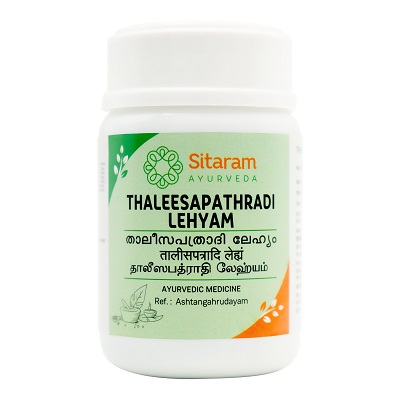
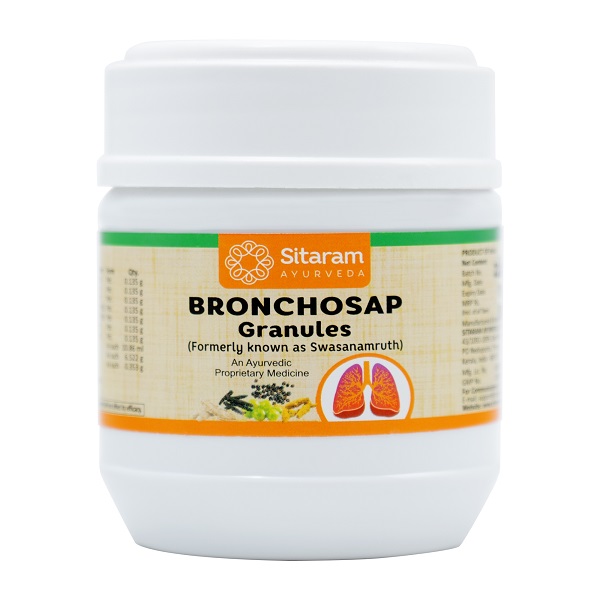
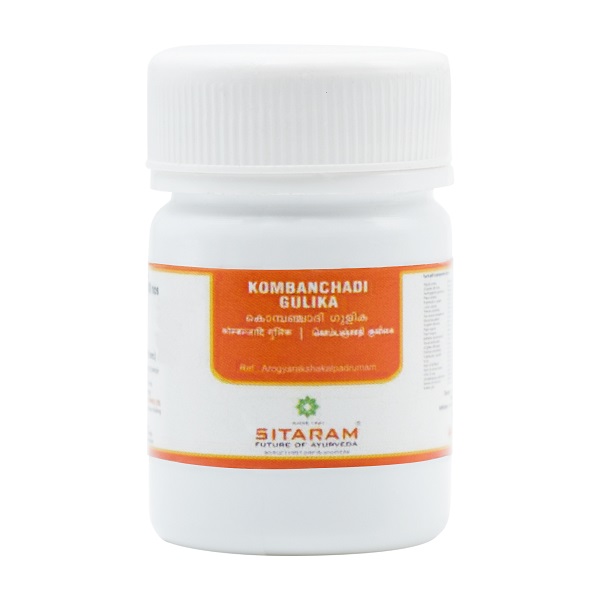
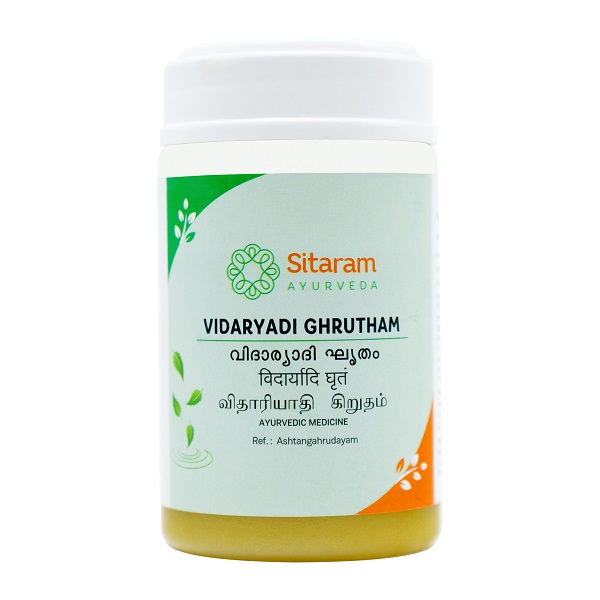
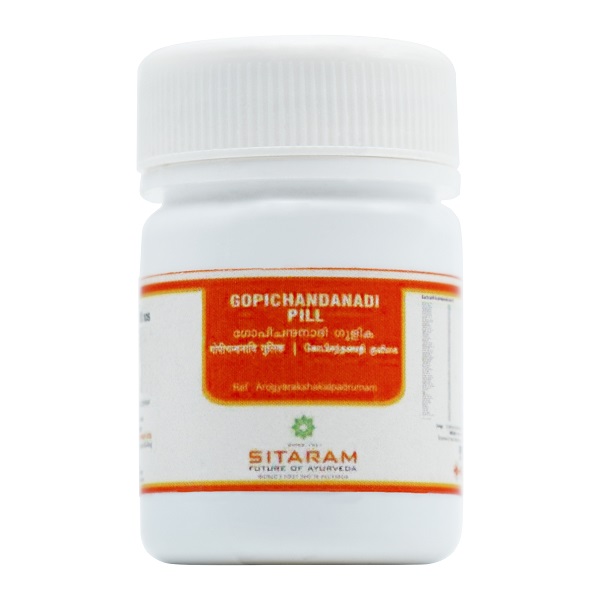
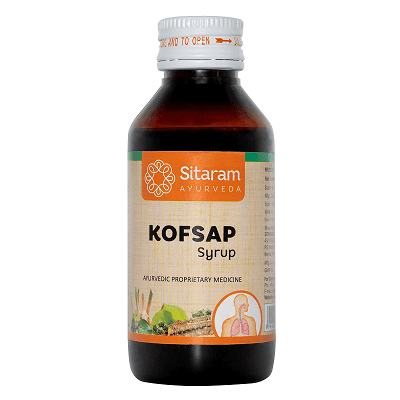
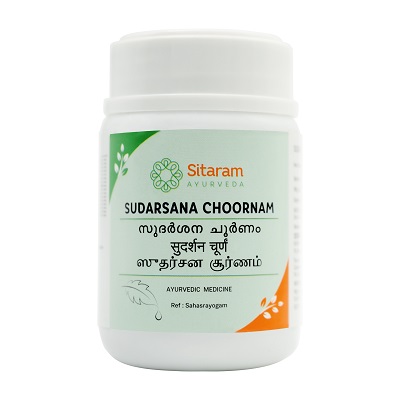
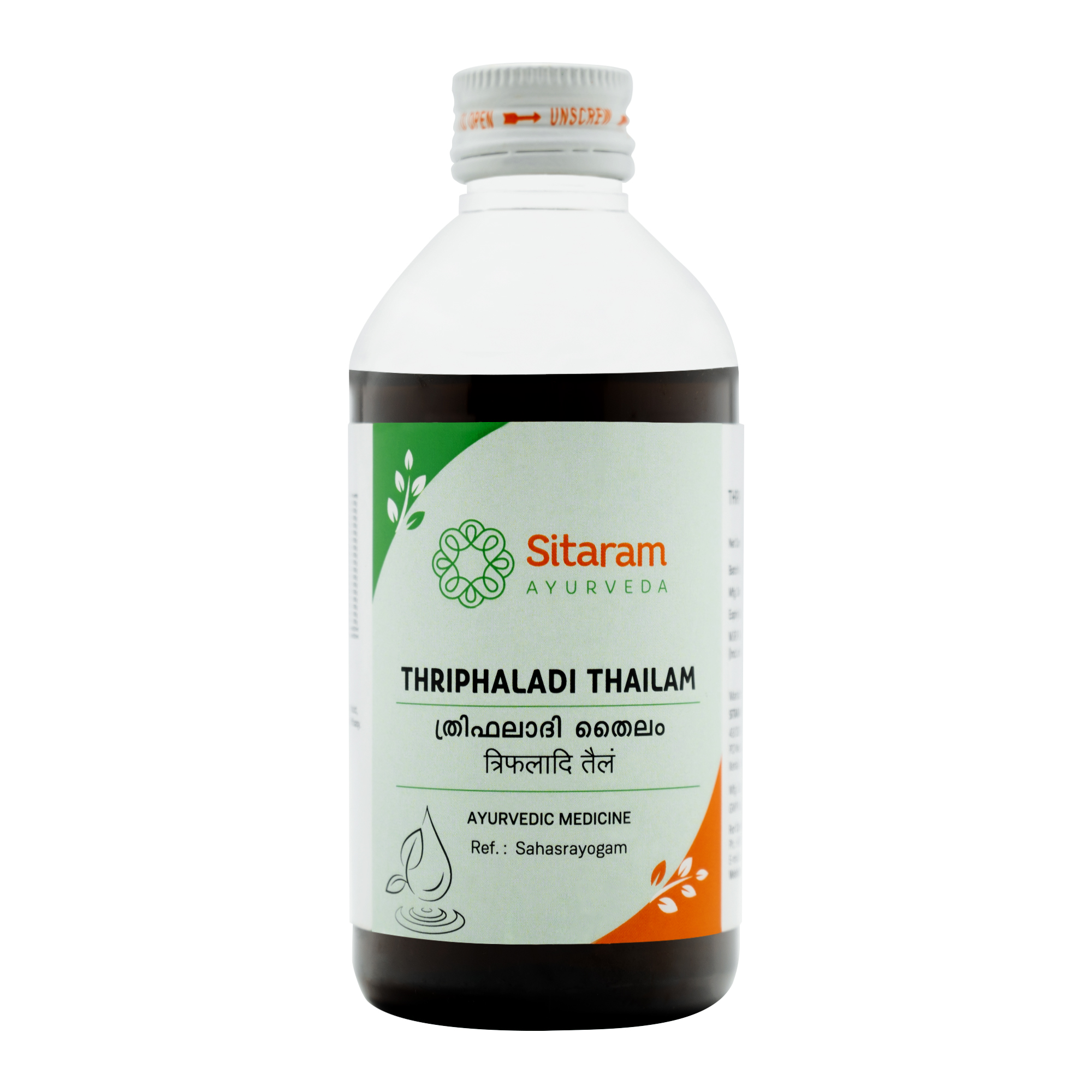
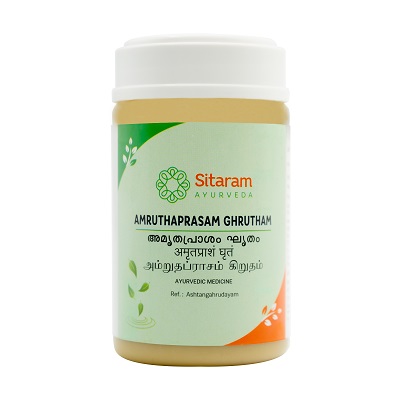
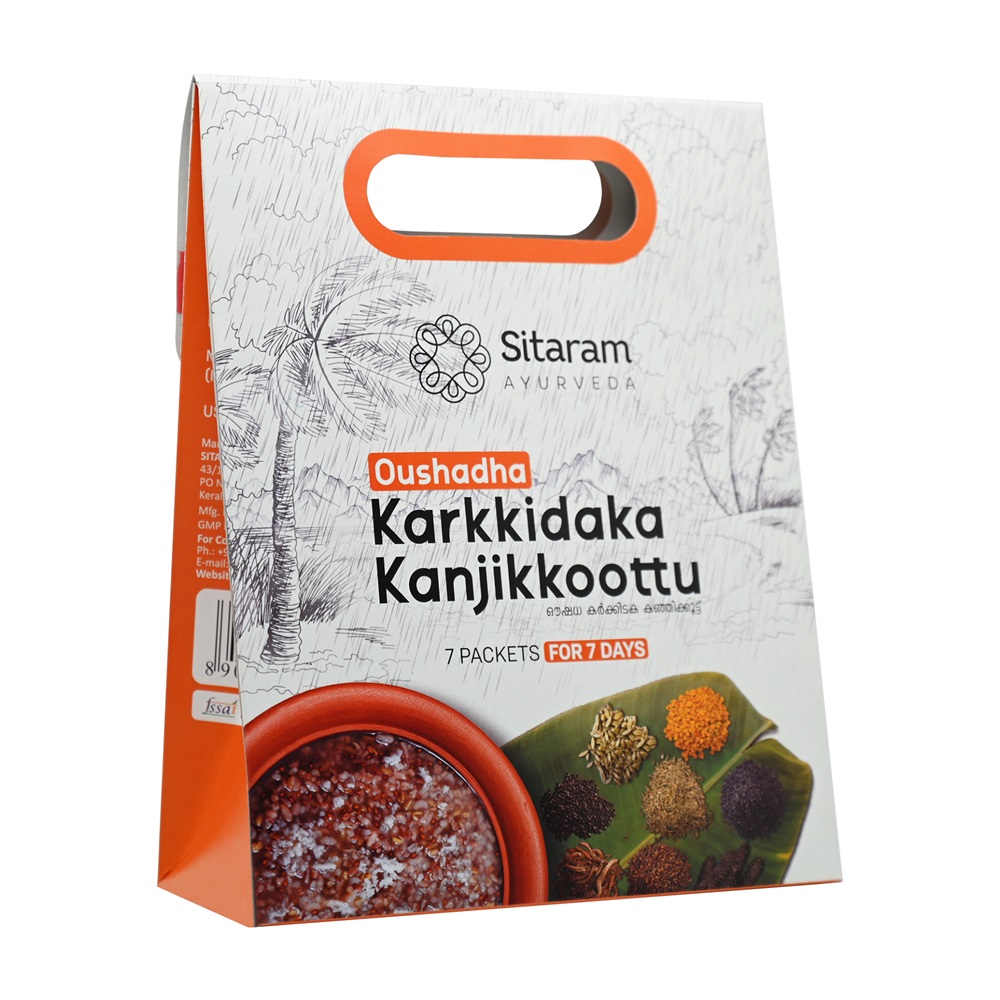
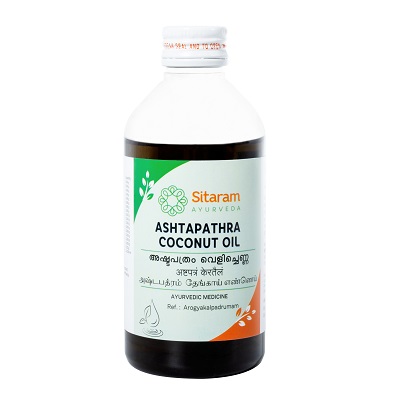
Reviews
There are no reviews yet.